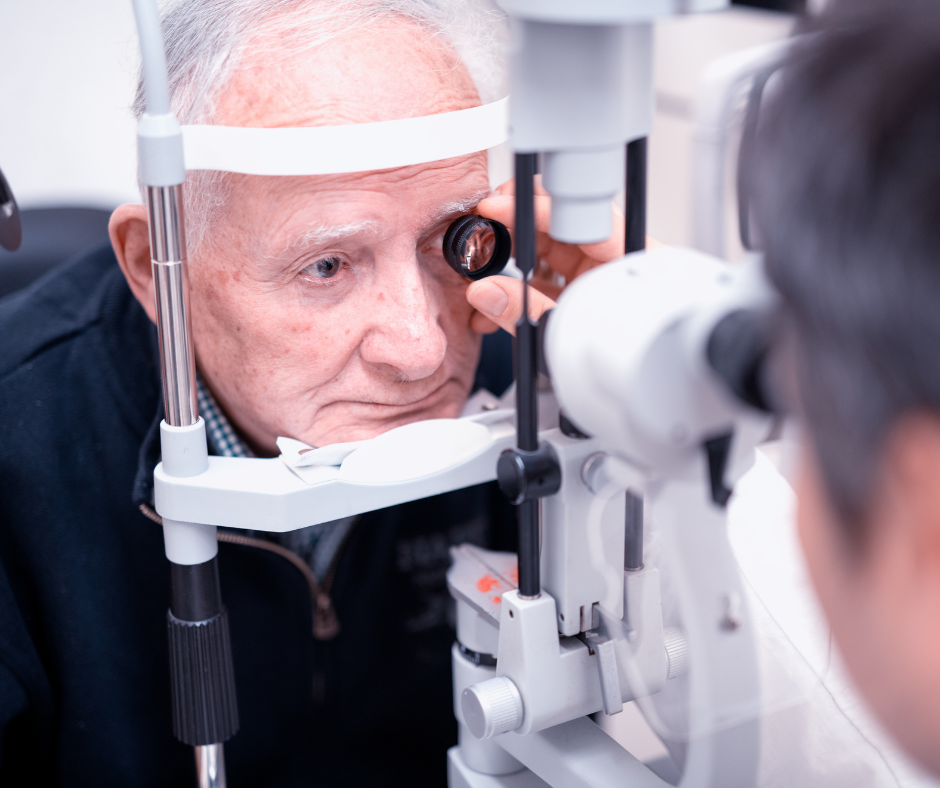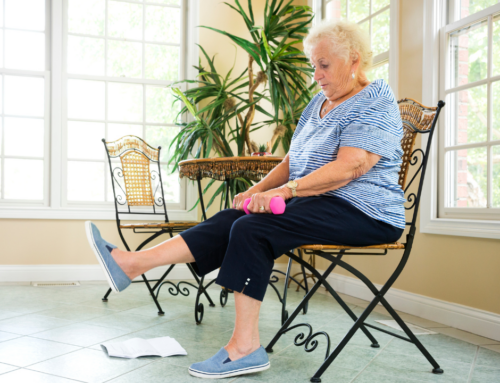As seniors grow older, there are numerous health risks they could face. Vision impairments are common at advanced ages, but a significant change in vision could indicate that the person has glaucoma. With glaucoma, pressure increases in the eye and prevents fluid from draining appropriately.
As the pressure builds, the optic nerve becomes damaged. If the person doesn’t get treatment quickly, partial or total blindness is possible. By learning the symptoms of glaucoma, seniors can learn what to expect and when to get treatment.
Sudden Changes In Vision
Seniors who are experiencing sudden and unexplainable vision changes could have glaucoma. While not all vision issues are glaucoma, any rapid changes are a major symptom of the eye disease. If the person gets routine eye examinations, the doctor can determine if the vision impairment is just age-related or if the person is at the early stages of glaucoma. By living in a senior community, residents can get fast help if the person cannot get to the eye doctor on their own.
Severe Headaches That Aren’t Migraines
Individuals who are living in assisted living apartments get assistance from caregivers to complete simple tasks such as grooming, bathing, and moving around the property. If these individuals are experiencing severe headaches that aren’t migraines, those residents are at risk of developing glaucoma. As pressure builds in the eye, that pressure is applied to the optic nerve and causes headaches and pain. Complaints of severe headaches warrant scheduling an eye exam as quickly as possible.
How Old Is the Resident?
Age is a contributing factor to glaucoma, and health statistics show that the highest percentage of individuals with glaucoma tend to be at least 60 years of age. This doesn’t mean that no one can get glaucoma unless they are 60.
There are many individuals around 40 years old, and even infants, that have developed glaucoma. A family medical history of glaucoma could increase the risk of the eye disease, but not all family members get glaucoma.
Has an Eye Doctor Tested Eye Pressure?
Glaucoma causes pressure in the eye, and the resident’s doctor can provide information about the last eye examination. If the doctor didn’t complete a glaucoma test, any resident that has headaches because of eye pressure can set up an appointment.
The clinician can complete the test in a matter of minutes and take pictures of the inside of the eye. The images can provide a point of reference for later if the person is diagnosed with glaucoma, and the pictures help the eye specialist determine how rapidly the disease is progressing.
More Frequent Upset Stomach or Nausea
Nausea and vomiting are prevailing symptoms of glaucoma, and seniors can experience these symptoms for other reasons, too. A trip to their doctor can rule out other physical ailments that cause nausea or vomiting.
How Are Residents Treated for Glaucoma?
Following an eye examination, the doctors provide prescription eye drops to relieve pressure in the eye and reduce optic nerve damage. If the eye drops aren’t effective alone, the clinician provides oral medications to improve drainage in the eye to stop fluid from building up. If these efforts aren’t fruitful, the resident may undergo laser surgery to create a new way for fluid to drain.
A Terrific Home for Seniors
At Orchard Park at Victory Lakes, we present senior residents with extraordinary apartments and amazing amenities. Our community offers services such as memory care and transportation to make life easier for everyone. Families and seniors can learn more about our community by setting up a private tour now.
Glaucoma symptoms can become severe over time, and if the eye disease is not treated properly, the individual could face total blindness. The population of seniors at the greatest risk is individuals who are at least 60 years old. The symptoms include blurry vision, headaches, nausea, vomiting, and severe pain or discomfort. At the first sign of glaucoma, seniors need to get a fast eye examination to measure pressure in the eye and evaluate the current stage of the disease.
By living in a senior community, residents can get assistance with doctor appointments and transportation options. The staff at the communities can help the individuals get treatment for glaucoma from the person’s preferred eye care specialist. If the individual experiences the symptoms, a trip to a primary care physician can rule out other ailments with similar symptoms. By learning more about glaucoma, seniors know when to visit a doctor and what treatments are most effective.






